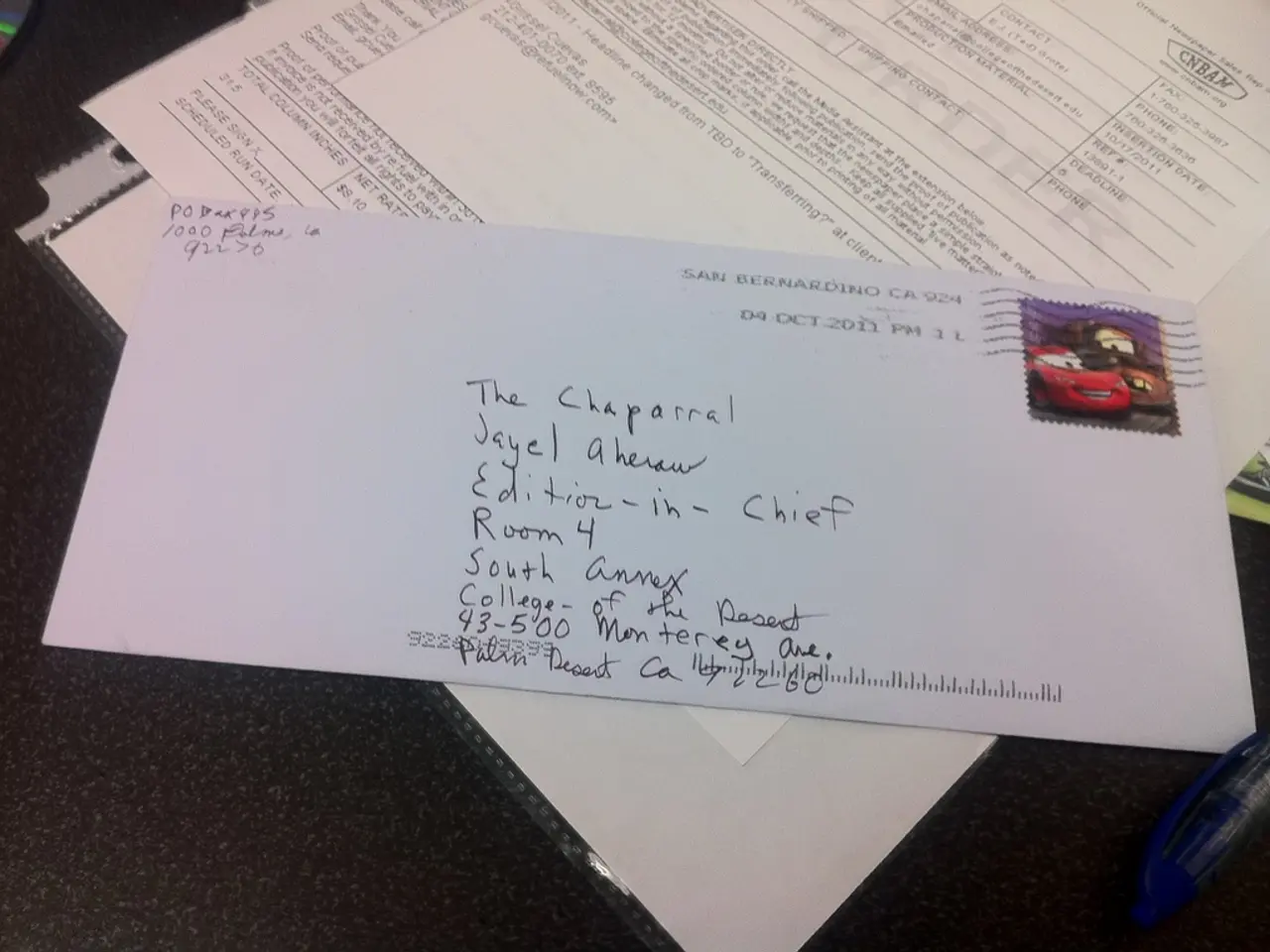Mandatory Electronic Invoicing Enforcement in Germany Starts in 2025
In the rapidly evolving digital landscape, electronic invoicing has become a necessity for businesses. Intesa, a renowned provider in the sector, offers a user-friendly and efficient electronic invoicing platform tailored to meet the needs of companies in Germany.
Intesa's comprehensive range of services encompasses the entire electronic invoicing process, from emission and reception to storage and analysis. The company ensures secure and compliant management of electronic invoices, adhering to the prevailing regulations in Germany.
German regulations mandate that electronic invoices must be in XML format and comply with the standards EN 16931 and EN 16932. Intesa excels in this area, managing the format creation and transmission process in a manner that is both secure and compliant.
The accepted electronic invoice formats in Germany are primarily XRechnung and ZUGFeRD (Factur-X). XRechnung is the official XML format mandated for invoicing to public administrations (B2G), ensuring standardized processing and mandatory inclusion of specific data fields. ZUGFeRD, on the other hand, combines a machine-readable XML part with a human-readable PDF and is widely used in B2B contexts. Both formats comply with the EN 16931 standard, enabling interoperability across EU member states.
Specific requirements under German regulation include the mandatory use of these structured, standardized formats for domestic B2B transactions from 1 January 2026. From 1 January 2027, German taxpayers with annual turnover ≥ €800,000 must issue e-invoices for B2B, extending to all taxpayers by 1 January 2028. Transmission channels include email, PEPPOL (Pan-European Public Procurement Online), or direct API integrations, with PEPPOL BIS emphasized to ensure cross-border interoperability.
Intesa's service for Italian companies with German branches allows them to adapt their foreign branches to send and receive electronic invoices in compliance with German regulations. The company also provides additional services such as digital client onboarding, EDI - Electronic Data Interchange, e-invoicing platform, cross-border e-invoicing, corporate electronic signature, electronic seal, document management software, and supply chain management.
In addition, Intesa offers compliant document archiving for German documents as part of its e-invoicing service. The transmission of electronic invoices to German tax authorities can be done through secure channels that allow direct transaction control, such as portals of local public authorities.
Intesa's e-invoicing service for Germany includes both passive and active cycles for the reception and transmission of electronic invoices, respectively. The company's solution is designed to adapt to future e-invoicing requirements in other European countries, such as Belgium, Poland, France, and Spain.
PEPPOL (Pan-European Public Procurement Online) is a network that facilitates standardized and efficient electronic document exchange between public and private entities, including electronic invoices, across Europe and internationally. Intesa can provide support and assistance to companies in every phase of the electronic invoicing process, ensuring optimal management of electronic invoices and compliance with regulatory requirements.
- Intesa's e-invoicing platform, designed for businesses, integrates finance, technology, and business operations, ensuring secure and compliant management of electronic invoices.
- The company's service for Italian companies with German branches encompasses more than just e-invoicing; it also offers digital client onboarding, EDI - Electronic Data Interchange, cross-border e-invoicing, and compliant document archiving, all within the realm of finance and technology.




